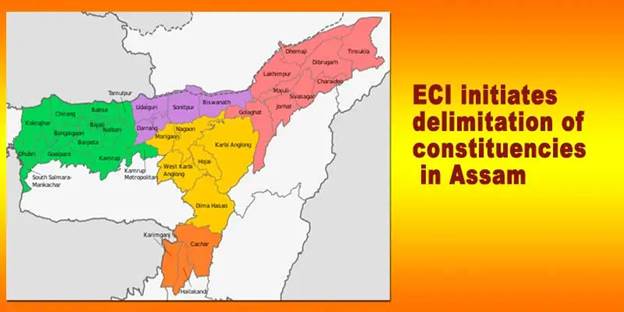Free Courses Sale ends Soon, Get It Now


Free Courses Sale ends Soon, Get It Now



Copyright infringement not intended
About
About the Delimitation Commission of India
Functions of the Delimitation Commission
https://pib.gov.in/PressReleasePage.aspx?PRID=1886852
https://t.me/+hJqMV1O0se03Njk9
© 2024 iasgyan. All right reserved